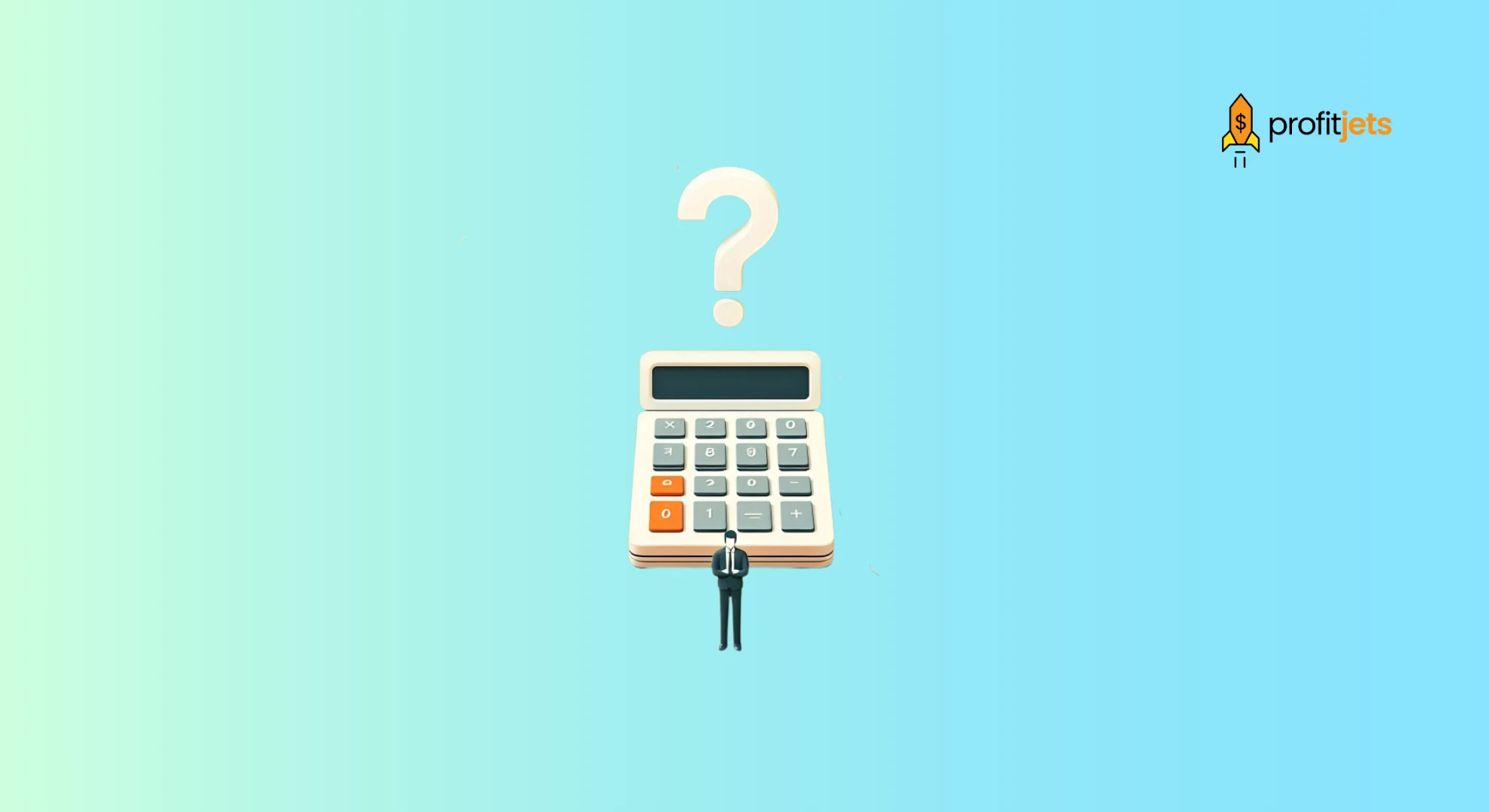In 2025, business growth depends on more than just sales and marketing—it requires financial clarity, strategic planning, and compliance. That’s where a good accountant becomes your secret weapon. But not all accountants are created equal.
The right questions will help you determine if your accountant is equipped to support your goals, manage risks, and fuel your company’s expansion.
Here are the top 12 questions to ask an accountant if you’re serious about growing your business in the years ahead.
Table of Contents
1. How Can You Help My Business Grow?
This question reveals whether your accountant is reactive (focused only on taxes) or proactive (focused on long-term planning). A strategic accountant should offer guidance on budgeting, pricing, tax strategies, and even business structure changes.
If you’re scaling quickly, consider adding CFO services to get hands-on financial planning support.
2. What Financial Reports Should I Be Reviewing Regularly?
If you only look at profit and loss once a year, you’re flying blind. Your accountant should provide:
- Monthly P&L
- Balance Sheet
- Cash Flow Statements
- Budget vs Actual Reports
These are often generated and interpreted easily through outsourced bookkeeping services and can help you spot trends early.
3. How Can I Improve My Cash Flow?
Growth eats cash. Your accountant should help forecast cash flow, manage receivables, and plan for lean seasons.
Ask whether they use cash flow projections and if they work with outsourced accounting services that offer automated cash management tools.
4. Am I Structured Correctly for Tax Efficiency?
As your business evolves, so should your legal and tax structure. An accountant should regularly assess if you’d benefit from an S Corp, C Corp, or LLC election.
Your tax services provider can also help ensure your structure minimizes your overall tax liability as you grow.
5. Can You Help Me Understand My Break-Even Point?
Knowing when your business becomes profitable is essential. Your accountant should help calculate:
Break-Even = Fixed Costs ÷ (Selling Price – Variable Costs)
This analysis can help you price better and plan for sustainability. It’s also a key step when you’re working with a CFO service to secure funding.

6. Are My Financials Ready for Investors or Loans?
If you’re planning to raise capital or apply for loans, your accountant should ensure your financials are:
- GAAP-compliant
- Audit-ready
- Properly categorized
- Documented with backup
Outsourced accounting firms for startups can handle this entire process for fast-scaling companies.
7. What Key Metrics Should I Track?
Depending on your business type, your accountant might recommend metrics like:
- Gross margin
- Burn rate
- Customer acquisition cost (CAC)
- Lifetime value (LTV)
- Inventory turnover
These should be part of your regular dashboard, especially if you’re outsourcing bookkeeping services and expect visibility.
8. How Can I Prepare for Tax Season Now?
Good accountants don’t just show up in March—they prepare year-round. Ask about:
- Estimated tax payments
- Deductible expenses
- Depreciation strategies
- Recordkeeping best practices
Your accountant should work closely with your tax service provider to eliminate surprises.
9. Can You Help Me Set a Budget or Forecast?
If you’re operating without a financial roadmap, you’re risking chaos. A great accountant helps create:
- Annual and quarterly budgets
- Rolling forecasts
- Scenario analysis
They may also integrate these with CFO services if you’re seeking strategic insights for growth.
10. How Do You Stay Updated with Tax Laws and Industry Changes?
This will help you gauge their expertise and commitment to continued learning. Accountants must keep up with:
- IRS updates
- State-level changes
- New deductions
- Industry-specific regulations
Bonus: See if they work with a network of outsourced accounting professionals to share cross-industry insights.
11. How Do You Work With Businesses Like Mine?
Industry-specific experience matters. A retail accountant may not understand SaaS, and vice versa. Ask for:
- Past client examples
- Case studies
- Accounting tools they use (e.g., QuickBooks, Xero, NetSuite)
Working with an outsourced accounting firm for startups ensures your accountant has deep experience in high-growth environments.
12. What Happens If I Get Audited?
A responsible accountant won’t just prepare your taxes—they’ll stand by your side during an audit. Ask:
- Do you offer audit support?
- What documentation do you keep?
- How do you minimize audit risk?
Reliable accountants who partner with bookkeeping services and tax services will have clear audit trails for every transaction.
Bonus: How Do You Communicate and Share Updates?
If your accountant is hard to reach or overly technical, it creates stress. Ask about:
- Meeting frequency
- Communication channels (email, portal, Slack)
- Response time expectations
Clear, proactive communication should be part of their client service culture.

Conclusion
Your accountant should be more than a tax preparer—they should be your financial strategist, growth advisor, and risk mitigator. Asking the right questions ensures you’re getting the most from your partnership—and helps you scale confidently in 2025 and beyond.
Whether you’re a startup or a maturing business, the right accountant, combined with expert bookkeeping services, tax strategies, and CFO support, can turn financial complexity into clarity.
1. Do I need an accountant if I already use accounting software?
Yes. Software records data, but an accountant interprets it, provides guidance, and ensures compliance.
2. How often should I meet with my accountant?
At least quarterly, but monthly check-ins are ideal if you’re growing fast or preparing for investment.
3. Can an outsourced accountant handle tax filing and financial reporting?
Absolutely. Many outsourced accounting services provide end-to-end support—from data entry to tax compliance.
4. What’s the difference between an accountant and a CFO?
An accountant ensures accurate reporting; a CFO provides strategic advice. Many small businesses benefit from CFO services on a fractional basis.
5. How do I know if I’ve outgrown my current accountant?
If they’re reactive, miss deadlines, or can’t support your growth needs, it’s time to explore better-fit options like a specialized outsourced accounting firm for startups.










